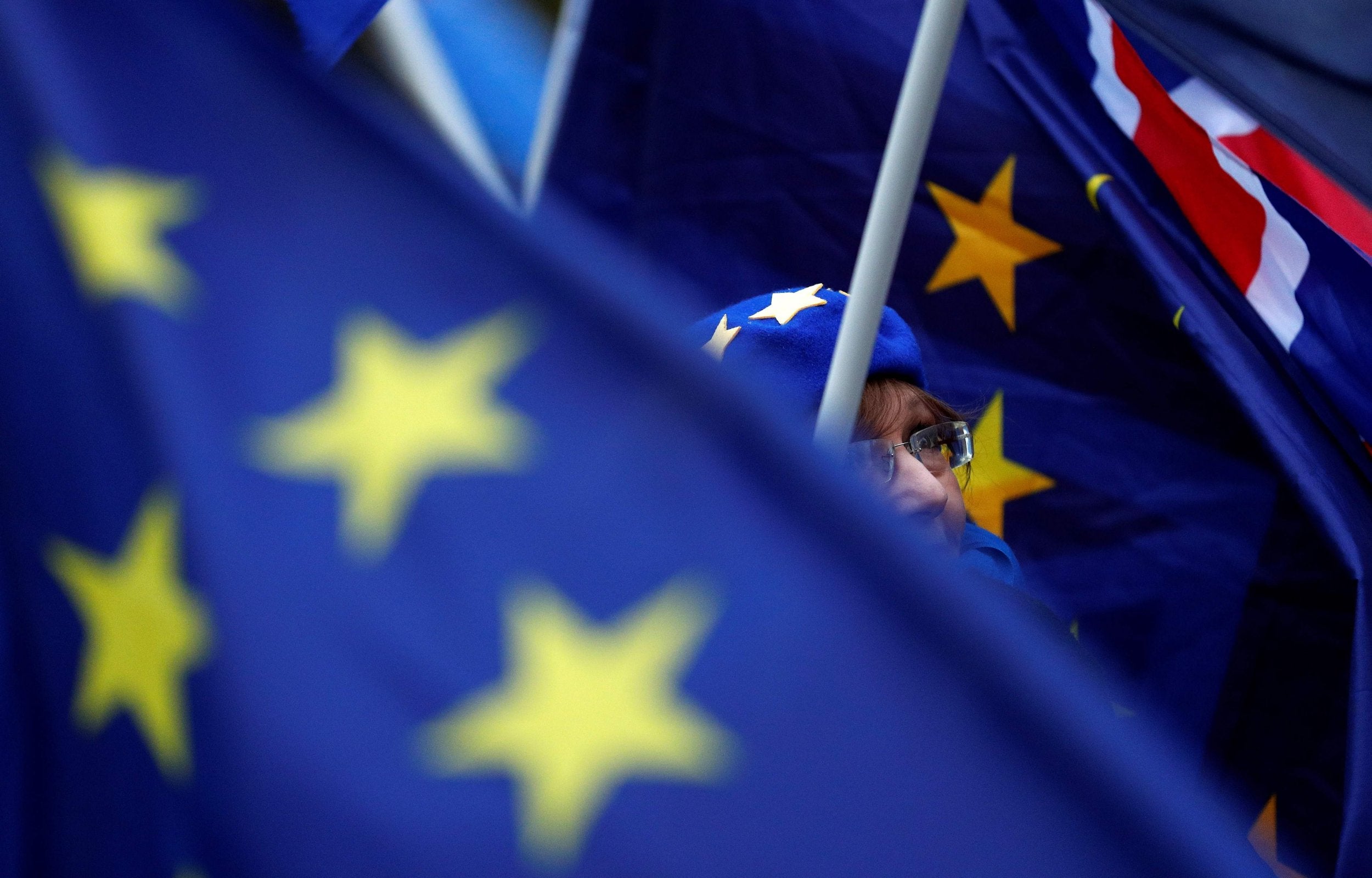If we end up adopting the Norway model after Brexit, do we get new controls over immigration?
Analysis: A ‘Norway-style’ agreement between the UK and EU is being touted by MPs in the event of the PM’s deal being voted down. Ashley Cowburn explains what this might mean for immigration


If Theresa May’s deal is defeated in five days’ time, one of the alternative Brexit plans being floated by some MPs on both sides of the Commons is a “Norway-style” model.
Norway is not a member of the EU, but has access to the single market via the European Economic Area (EEA). Through membership of this organisation, however, the country is required to accept the EU’s four freedoms – including the free movement of people.
This would of course be inconceivable for many Brexiteers and the prime minister consistently referred to ending the free movement of people as one of her “red lines” during the negotiations.
During her recent trip to the G20 in Buenos Aires, the prime minister told reporters: “What we are doing as a government as a whole is looking at producing a set of immigration rules which ensure that the thing we are doing is bringing an end to to free movement”.
It is clear that a Norway-style model would make this impossible, but some of those advocating the option (under the banner “Common Market 2.0”), including the Tory MP Robert Halfon and Labour’s Lucy Powell, suggest it could nonetheless gain widespread public support.
On immigration specifically they claim new controls over free movement in certain circumstances would be available as the EEA allows members to suspend free movement if a country can demonstrate it is experiencing “serious economic, societal or environmental difficulties”.
Ultimately, though, it’s hard to see how the UK government could make such an extreme argument; and in any case, such a move would only be temporary. This is why many MPs from constituencies that voted Leave (on both side of the House) are uneasy about backing the model.

Indeed, Erna Solberg, the Norwegian prime minister, recently pointed out that the UK would eventually have to accept the four freedoms under a model similar to her country, and asked: “Should you leave the EU if you’re accepting that?”
“You can’t just opt out of one of the freedoms,” she added.
Got an unanswered question about Brexit? Send it to editor@independent.co.uk and we’ll do our best to supply an answer in our Brexit Explained series.
Join our commenting forum
Join thought-provoking conversations, follow other Independent readers and see their replies
Comments
Bookmark popover
Removed from bookmarks